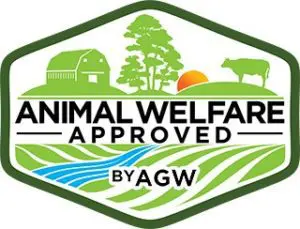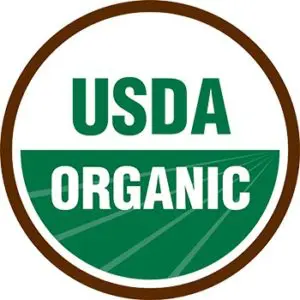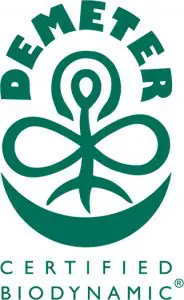Episode 1: That Cheap, Delicious Rotisserie Chicken
So many home cooking food hacks start with a cheap rotisserie chicken — you know the one, $4.99 from Costco or maybe a touch more somewhere else. But why is that chicken so cheap? How was it raised and what’s even in it? What would it look like for farms to raise a chicken you could feel good about and how much would it cost? What would it taste like? Where can you find one of these chickens now? And why is it so hard to find them? In this episode we talk to everyone from food policy experts to food label certifiers to farmers and chefs to dig into the economics, agriculture and taste of chicken.
Available wherever you listen to podcasts.
"People come into the store to buy it and while they're there, they buy other things. So they're willing to price that particular item very, very low. It's not a new concept, but then we have to ask the question of who actually eats that loss? Is it Costco that's taking a loss on those chickens, because they're priced below what they cost to produce, or are they pushing that loss out by paying contract growers less?"
Episode Guests
Cathy Erway
Cathy Erway is a food writer. She’s the author of the cookbooks “Sheet Pan Chicken,” “The Food of Taiwan” and the memoir “The Art of Eating In.” She hosts a podcast called “Self-Evident,” which explores Asian American stories. Check out her article “The Convenient Truth of Rotisserie Chicken.”
Patty Lovera
Patty Lovera works on food and agriculture policy, with a special focus on animal agriculture. She helped start Food & Water Watch, serving as their Food and Water Program Director for 14 years.
Dr. Urvashi Rangan
Dr. Rangan is the Chief Science Advisor for FoodPrint, and a toxicologist and public health scientist with 20 years of experience studying the food system. She is a co-chair of the Funders for Regenerative Agriculture and for many years she worked at Consumer Reports, heading up their Food Safety and Sustainability Center.
Emily Moose
Emily Moose is the Executive Director of A Greener World, which promotes and supports real-life farming models to the public and offers practical guidance on achieving truly sustainable livestock farming systems to farmers and ranchers. They run several certifications for farmers, including the Animal Welfare Approved label.
Dominic Palumbo, Moon in the Pond Farm
Dom Palumbo runs Moon in the Pond Farm, a small, diverse, sustainable, permaculture farm dedicated to education. It’s located in Sheffield, Massachusetts and sells goods on-farm, at farmers’ markets and to local Berkshires restaurants.
Erika Lesser
Erika Lesser is the chef and co-owner of King Mother, which is a natural wine bar and restaurant in Ditmas Park, Brooklyn. She is also a partner at Kings County Wines, also in Ditmas Park.
Deeper Learning
Americans eat a lot of chicken — about double the amount of beef or pork we eat. Chicken has gotten so popular in part because it’s become so inexpensive to buy. And as chicken has gotten cheap, it has become bad for nearly everyone involved in producing it, including farmers driven into bankruptcy, poultry plant workers suffering from terrible injuries, birds bred to grow so fast they can’t stand up and an environment polluted by excess manure.
Our Top Picks for Meaningful Chicken Labels
Additional Resources
- More about True Cost Accounting, on FoodPrint.
- “Under Contract: Farmers and the Fine Print” movie: This documentary takes audiences across the American South and to Southern India to understand what’s happening to farmers living under contract. The story of the contract farmer is the story of what’s changing in rural America. Power in agriculture is changing hands, but few people know what’s happening to the farmers producing our food.
- RAFI-USA: RAFI-USA (Rural Advancement Foundation International) challenges the root causes of unjust food systems, supporting and advocating for economically, racially, and ecologically just farm communities.
- The chicken industry’s worker safety problem: This video from Vox about chicken processing examines the human cost to factory-processed chicken.
Get the latest food news, from FoodPrint.
By subscribing to communications from FoodPrint, you are agreeing to receive emails from us. We promise not to email you too often or sell your information.
Top photo by nextrecord/Adobe Stock.




